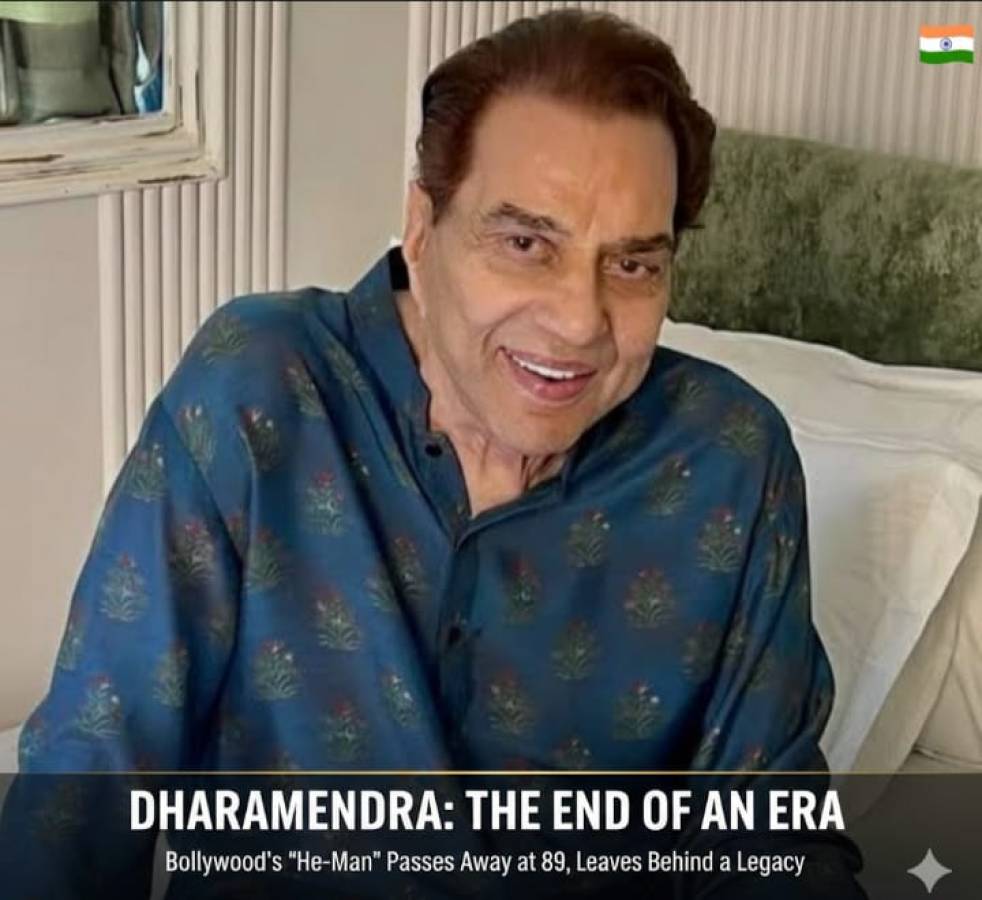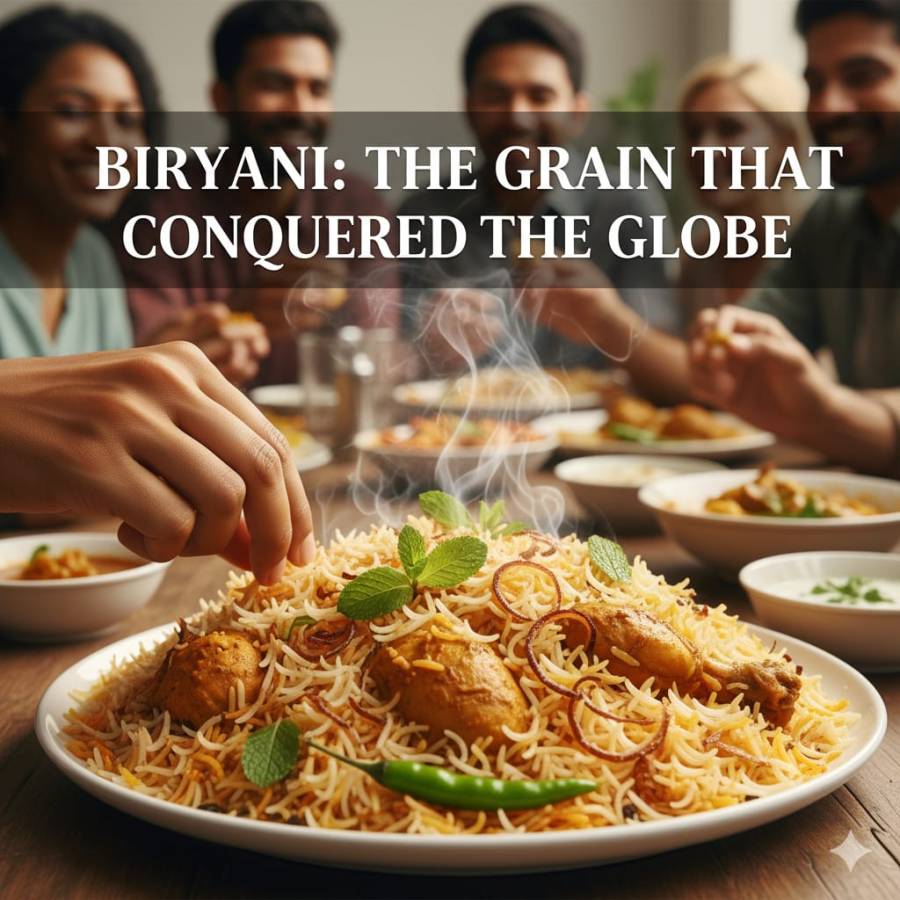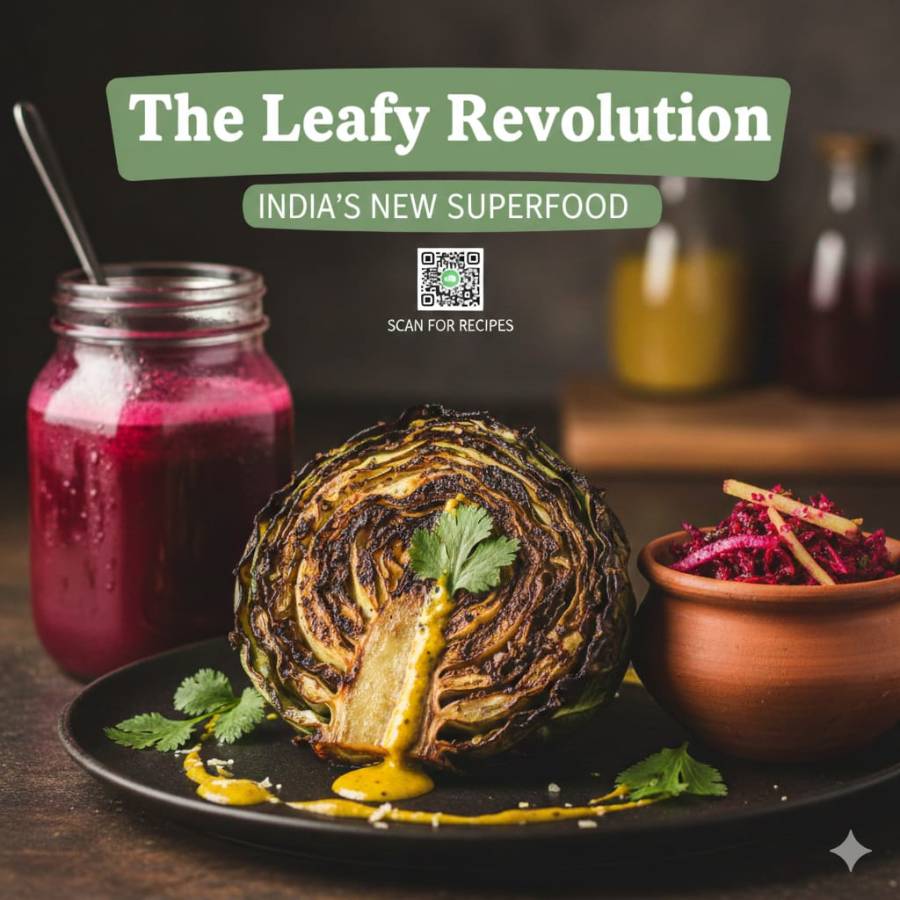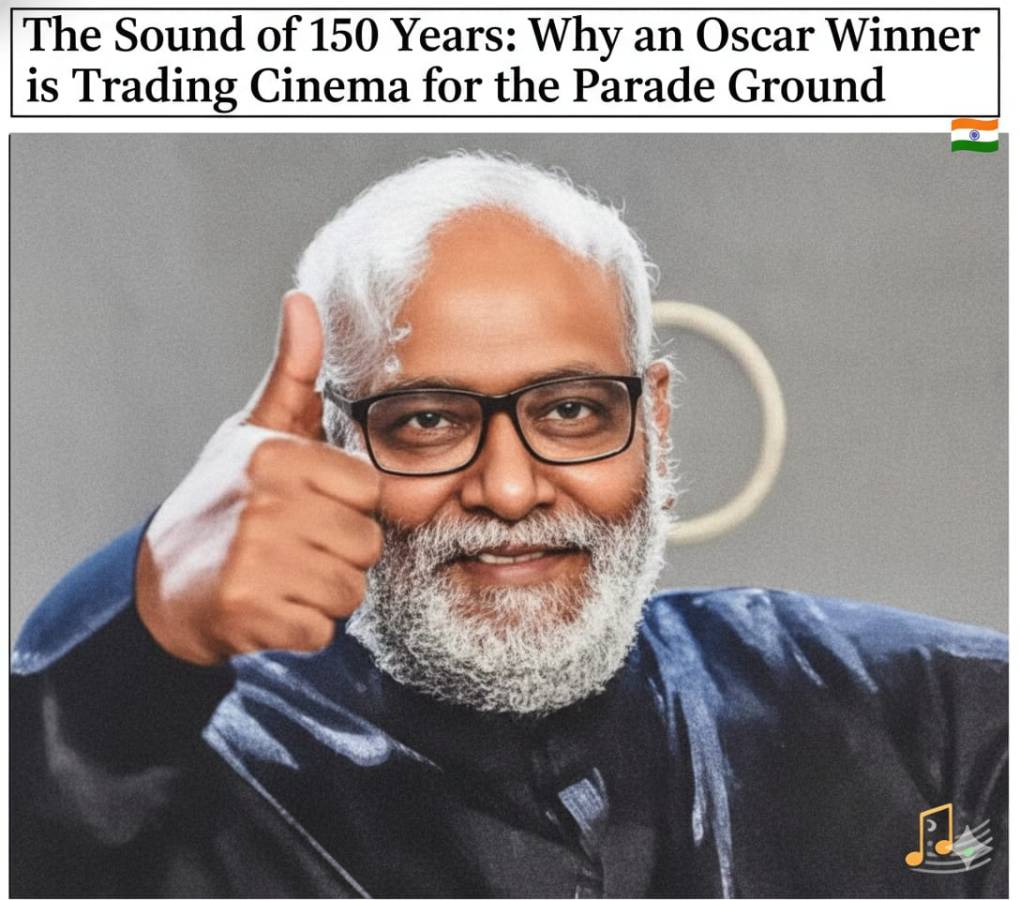
In the vast constellation of Indian cinema, where stars rise and fade like solitary comets across a velvet sky, there stands one luminous presence whose radiance refuses to dim—Dharmendra, the beloved ‘He-Man’ of Bollywood. To speak of him is to summon an era woven with melody, valour, tenderness, and the fragrant dust of dreams. His journey, long and storied, unspools like an epic ballad carried on the monsoon winds, stirring hearts across generations.
Born Dharmendra Singh Deol in a quiet Punjabi village, he emerged from the soil like a sturdy Champa flower—humble in its beginnings, yet destined to perfume the nation’s cultural garden. The journey from the fields of Punjab to the glittering bylanes of Mumbai was not merely a migration of geography, but a voyage of spirit. His youth held the fierce fire of longing, the poetry of ambition, and the innocent certainty that the world yields to those who dare to dream.
And the world, indeed, listened.
With Phool Aur Patthar in 1966, he announced himself like a thunderclap over the cinematic horizon. Here was a hero carved in strength and softened by soul, a warrior with a wounded heart, a man whose silence spoke more eloquently than a thousand dialogues. In him, the public discovered its first true action icon—yet his fists of iron always guarded a heart of molten gold.
Dharmendra’s artistry was a celebration of contrasts, each role a petal of a many-coloured lotus.
The Warrior of the Masses
As Veeru in Sholay, he leapt into legend. His laughter rippled like a mountain stream, his courage rang like temple bells across the valley of Ramgarh. From Mera Gaon Mera Desh to countless tales of outlaws, dacoits, and everyman heroes, his presence carried the honesty of earth and the ferocity of a lion defending its brood. Rural India, especially, embraced him as one of its own—a son of the soil, brave, loyal, and unbreakably human.
The Poet of Romance
Yet beneath the sinews lay a sighing poet. In Anupama, in Satyakam, in gentle glances and unspoken words, he revealed the quiet ache of love. His eyes—deep, dusk-lit windows—held tenderness that could melt the hardest grief. His portrayal of the idealist in Satyakam remains one of Hindi cinema’s finest meditations on integrity, duty, and the tragic beauty of truth.
The Comet of Laughter
And then, with twinkling mischief, came the Dharmendra of Chupke Chupke—light-footed as moonlight, mischievous as a spring breeze, and effortlessly comic. As Professor Parimal Tripathi, he gifted the nation laughter that still rustles through living rooms decades later.
From Seeta Aur Geeta to Yaadon Ki Baaraat, from Dharam Veer to Sholay, his filmography glimmers like a garland of eternal blossoms.
But Dharmendra was not merely an actor. He was an emotion, a warmth, a presence that felt like sitting beside a hearth on a winter night. He carried Punjabi affection in his smile, rustic honesty in his stride, and a gentle humility that made him beloved as ‘Dharam Paaji’. Colleagues bowed to his dignity; audiences adored his simplicity.
His legacy flows not only through his films, but through the lives of his children like Sunny, Bobby, and Esha, who continue the Deol flame in Indian cinema.
Through six decades of shifting cinematic tides—romance eras, action eras, parallel cinema, modern spectacle—Dharmendra remained timeless, evergreen, and irreplaceably alive in the nation’s memory. Awards like the Padma Bhushan and the Filmfare Lifetime Achievement honour his craft, but the true reward lies in the millions of hearts that still beat faster at the sound of his name.
And so, as the silver screen preserves his many avatars—Veeru the brave, the gentle lover, the laughing professor, the righteous idealist—we stand in quiet reverence. For some stars burn bright; others illuminate the ages.
Dharmendra belongs to the latter.
A golden heart, iron fists, and a spirit as vast as the Punjab plains—he remains, always, one of cinema’s most cherished sons.





















